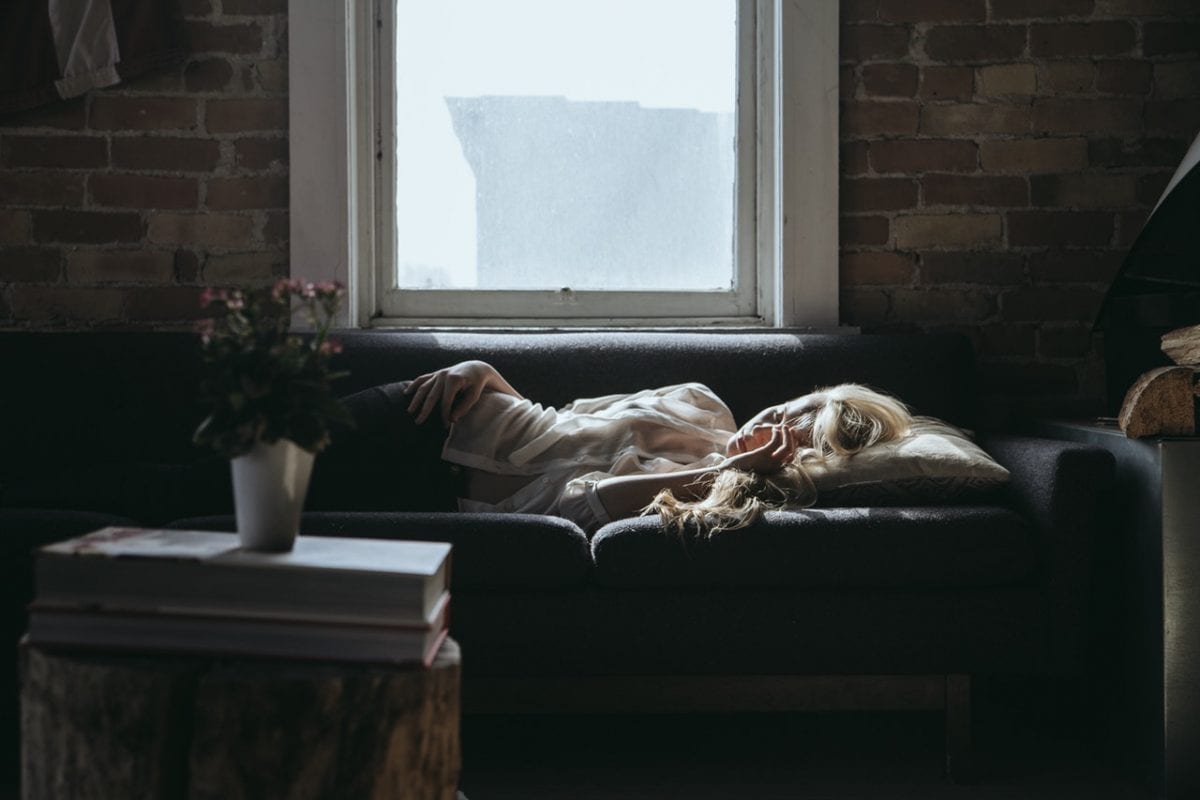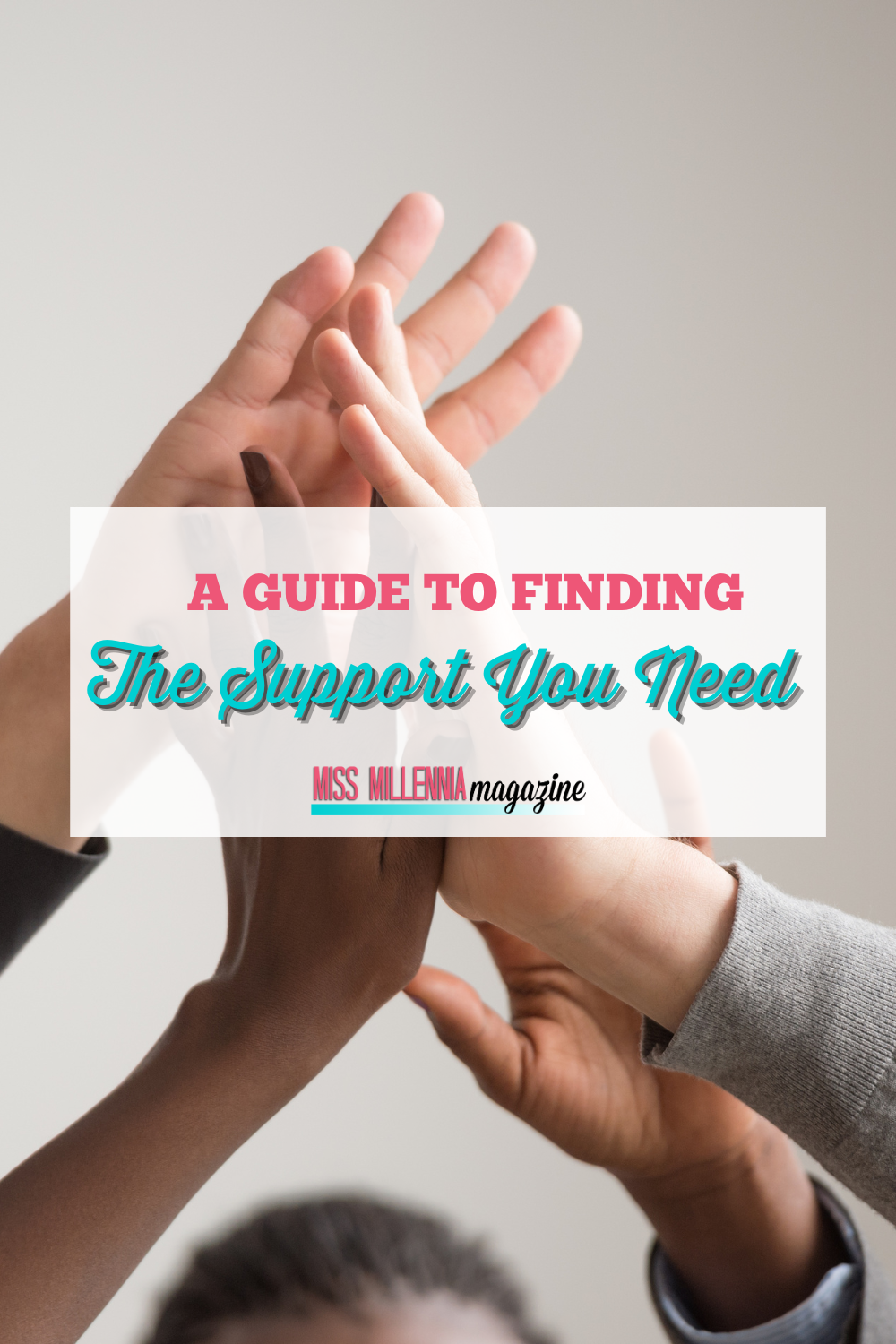Just Breathe: Ways to Reduce the Anxiety in Your Life

Your brain is an extremely powerful organ. It’s in charge of your autonomic nervous system, it stores memories and it allows you to retain information. It also allows you to perceive your environment, which is where the problem lies. Back when we were cavemen, our Fight or Flight response was handy because it allowed us to perceive danger, so we could get out of there. With large predatory animals and other tribesmen looking to take your food or eat you, there were real threats out there. However, today, these things aren’t really as much of a concern, but the Fight or Flight response is still there to give us adrenaline when we perceive danger, so we can respond accordingly. For sufferers of generalized anxiety disorder or panic disorder, this can be a terrible thing.
Those who suffer from anxiety and panic disorders perceive danger when there really isn’t one. A heart palpitation could lead to the person calling 911, fearing that they’re having a heart attack. By sensing danger when there really isn’t any, they could start to sweat, struggle to breathe, get dizzy and think they’re going nuts—all not so fun things. Therefore, it’s important to control anxiety whenever possible.
So what can a person do to lower their anxiety?
Breathe: This is probably the most important thing. The autonomic nervous system in our bodies is in control of our breathing, but anxiety has a funny way of changing the way we breathe. Anxiety can have a devastating effect on our nervous system. It could cause us to take short, shallow breaths. Therefore, if you’re noticing that this is happening to you, the best thing to do is take a deep breath. Breathe through your nose and allow your stomach to expand as it takes in sorely needed oxygen and then exhale. Try this for a few minutes and you should feel better. Meditation and yoga can help you learn how to breathe right as well, and are highly recommended.
Avoid caffeine and alcohol: You can’t activate your Fight or Flight response if your heart rate is down. That’s why it’s important to keep it down by any means necessary. Caffeine has a funny way of making our heart rates soar, and alcohol can do some serious damage to your nervous system, increasing your anxiety levels. It’s best to avoid these things all together if you have chronic anxiety.
Get help: There’s no shame in asking for help from a trained counselor if you’re experiencing severe anxiety. They can help you with cognitive therapy or prescribe you anti-anxiety medication, which could help if you have a chemical imbalance. Support groups can be very beneficial as well.
Everyone has anxiety once in a while, but nobody should have it every day. If you’re experiencing high anxiety often enough where it’s affecting your daily life, remember that there is help out there for you.






